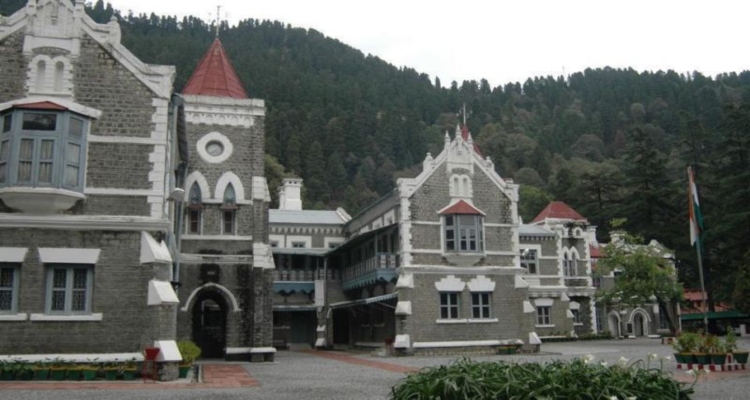
The Uttarakhand High Court recently struck down the retrospective application of a revised fee structure for Bachelor of Ayurvedic Medicine and Surgery (BAMS) students enrolled in various Ayurveda colleges.
The students challenged the fee hike, which had been implemented without consulting the Fee Regulatory Committee (FRC), as required by the Uttarakhand Unaided Private Professional Educational Institutions (Regulation of Admission and Fixation of Fee) Act, 2006.
The students informed the Court that the tuition fees were first raised in 2015, but the increase was imposed without the FRC’s consultation, violating the 2006 Act. In response, the High Court had already set aside the hike in 2018, emphasizing the necessity of FRC involvement.
However, a provisional fee, determined by the FRC in 2019, was retroactively applied in 2020 by an appellate authority, which was contested by the students in petitions filed between 2020 and 2024.
On January 8, Justice Manoj Kumar Tiwari ruled in favor of the students, agreeing with their contention that under Section 4 of the 2006 Act, tuition fees in private unaided professional colleges can only be adjusted in accordance with FRC decisions.
The Court clarified that colleges must submit proposed fee structures to the FRC before each academic session, and once approved, these fees remain fixed for three years. After this period, colleges may apply for a fee revision, but until then, the approved fees must remain unchanged.
The ruling stated: “Every college, before commencement of the academic session, will have to require before the committee (FRC), the proposed fee structure and the fee determined by the committee, shall be applicable for a period of 3 years. After the expiry of three years, the college would be at liberty to apply for revision.”
In the present case, the students highlighted that their colleges had initially charged ₹80,500 in tuition fees, as per a 2007 FRC decision. In 2015, the fees were raised unilaterally to ₹2,15,000, but the High Court nullified this hike in 2018 due to the lack of FRC consultation. Following that, a provisional fee set by the FRC in 2019 was applied retroactively to students admitted from 2017 onward, which the students argued was unfair, as the fee was explicitly meant for future academic sessions (2019-2022).
The colleges, however, imposed this revised fee on students from earlier years, leading to financial hardships.
The State defended the fee increase, stating that the colleges had not revised their fees for a long time, making it difficult for them to function effectively. However, the Court rejected this defense, asserting that the retrospective fee hike violated the 2006 Act and imposed an arbitrary financial burden on students. The Court reinforced that neither the State nor the private colleges had the authority to revise fees independently without the FRC’s involvement.
By enforcing a retrospective fee increase, the appellate authority’s 2020 decision was found to be inconsistent with fairness and statutory compliance. As a result, the Court directed that the revised fees determined by the FRC in 2019 should only apply prospectively, beginning with the relevant academic years.
Additionally, the Court ordered the Ayurvedic colleges to issue No Objection Certificates (NOCs) to students after collecting only the previously agreed-upon fees.




